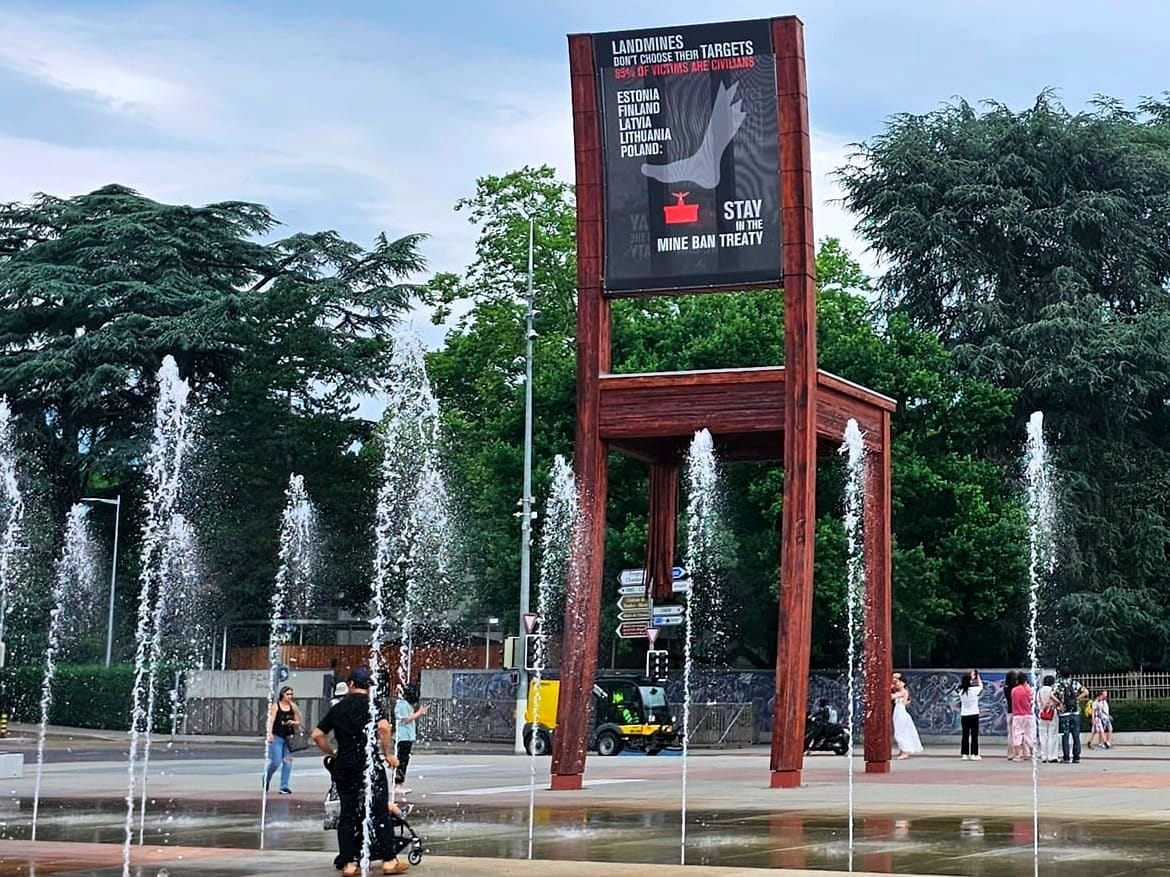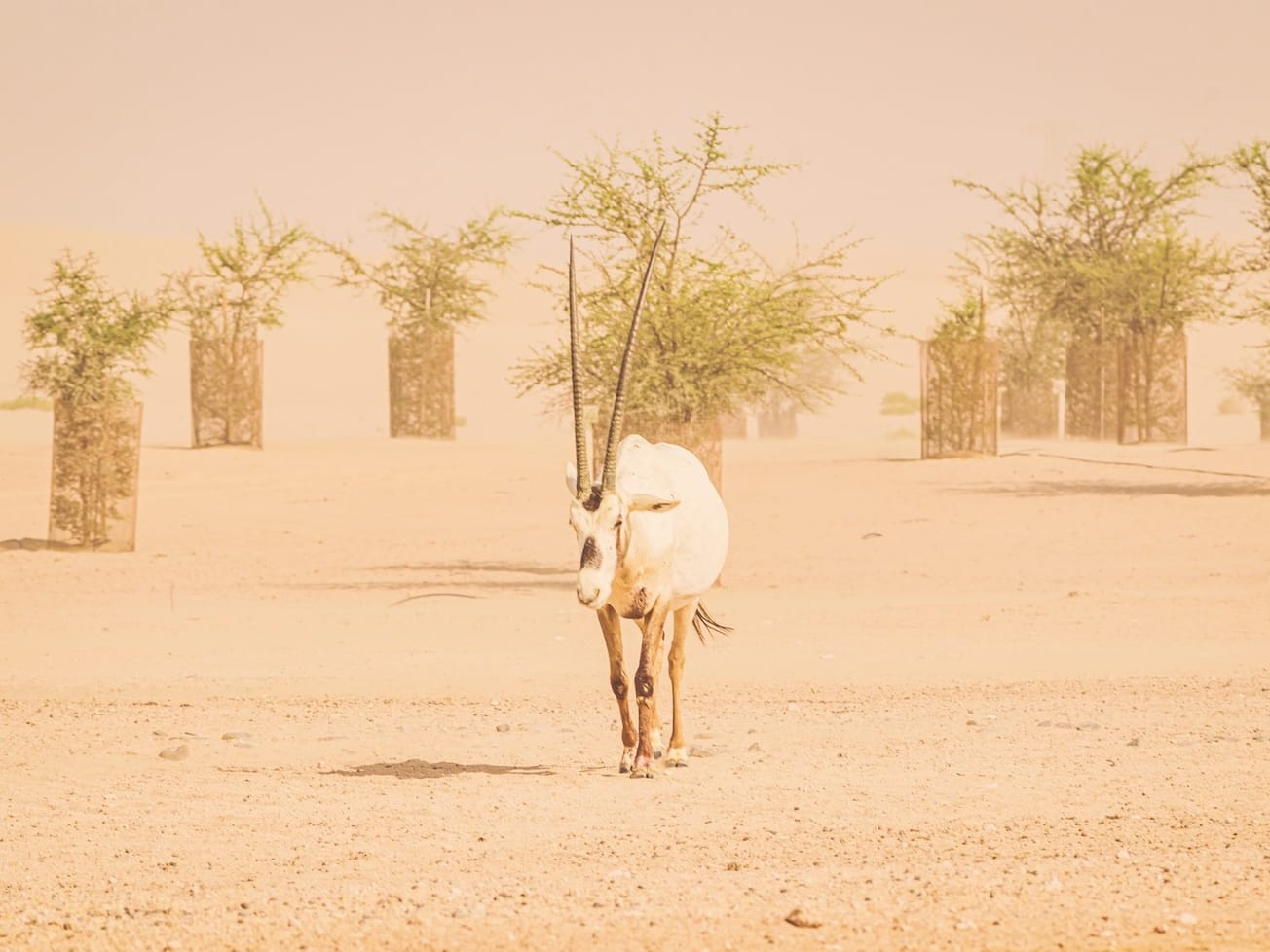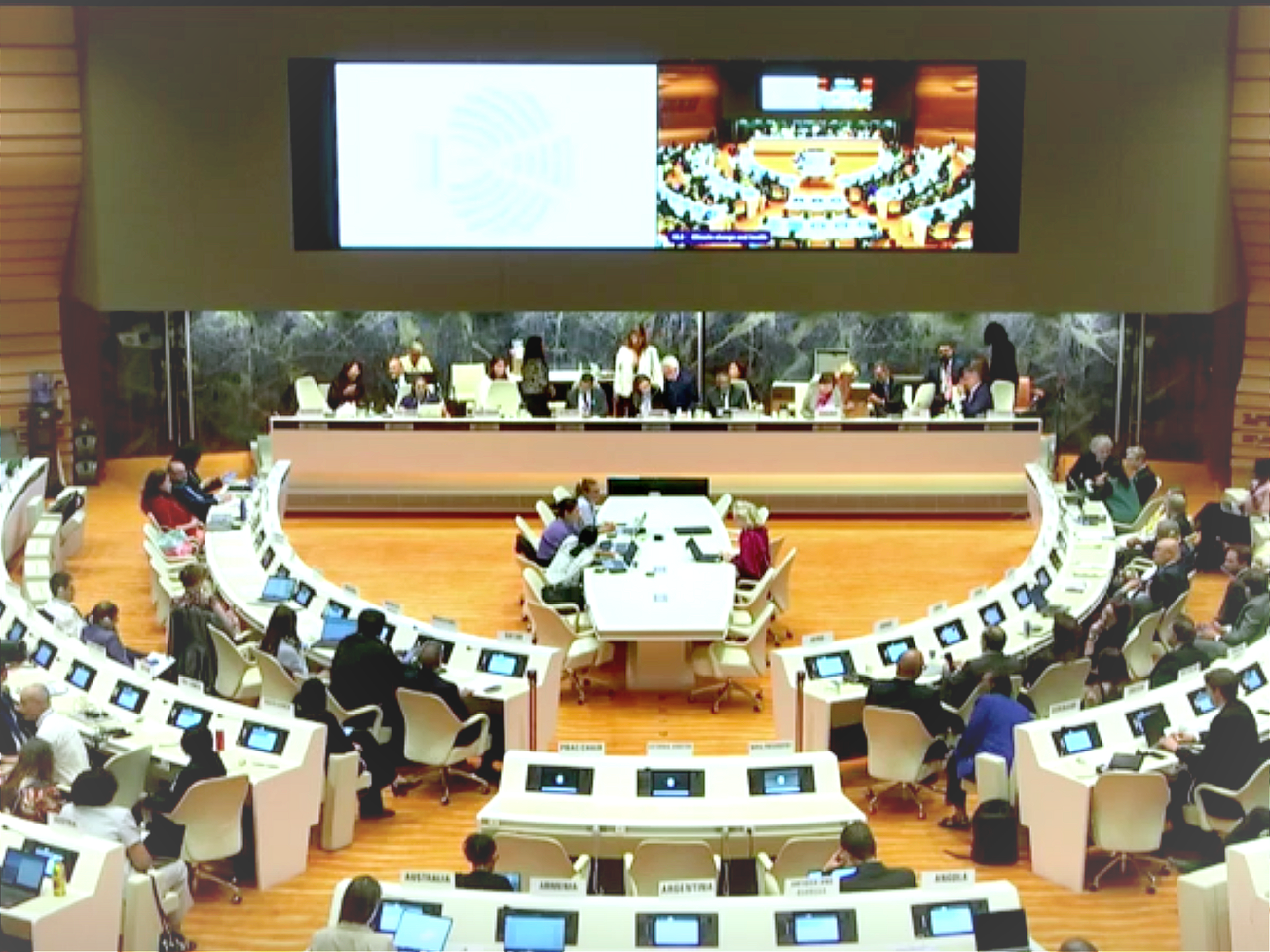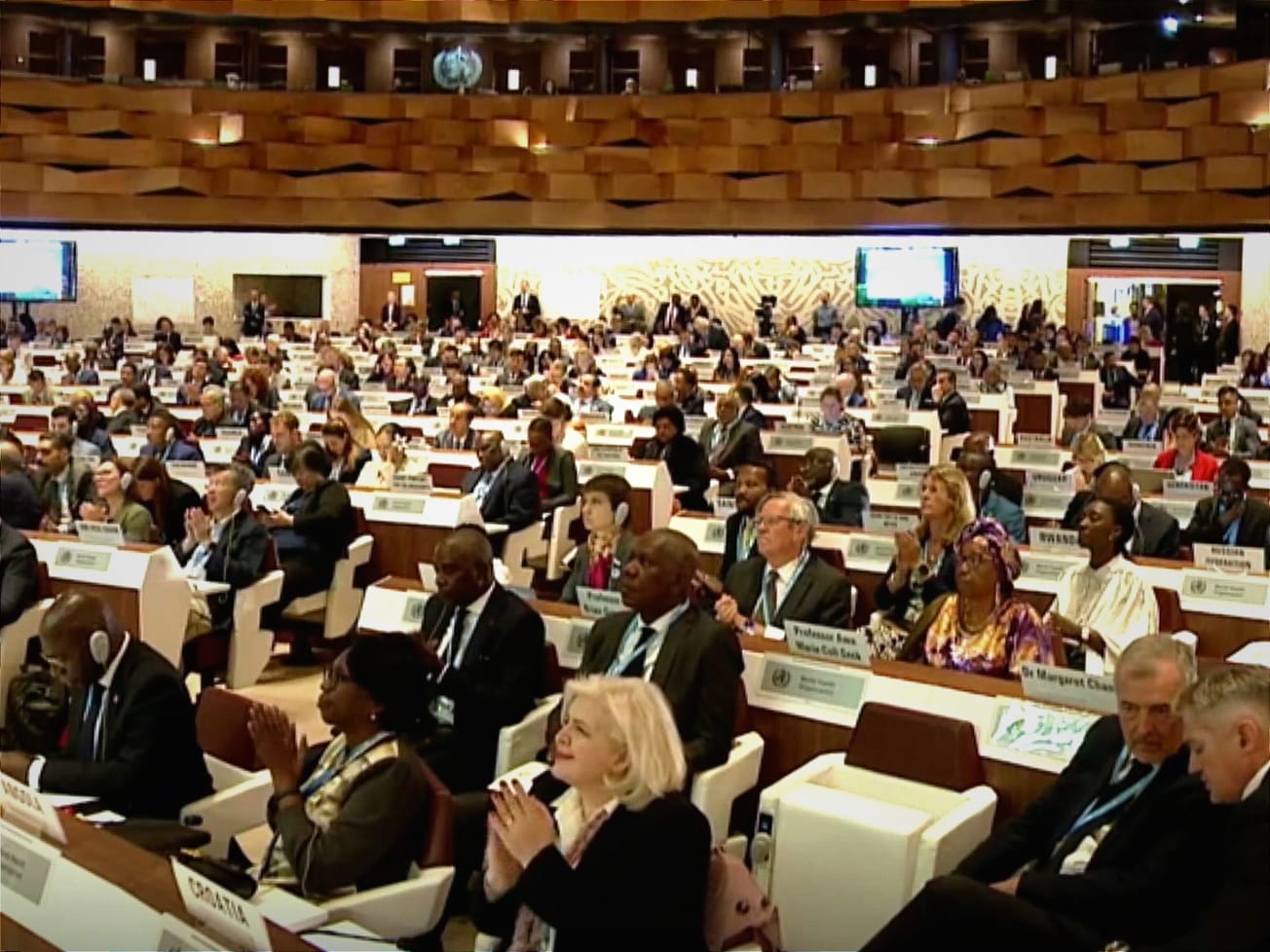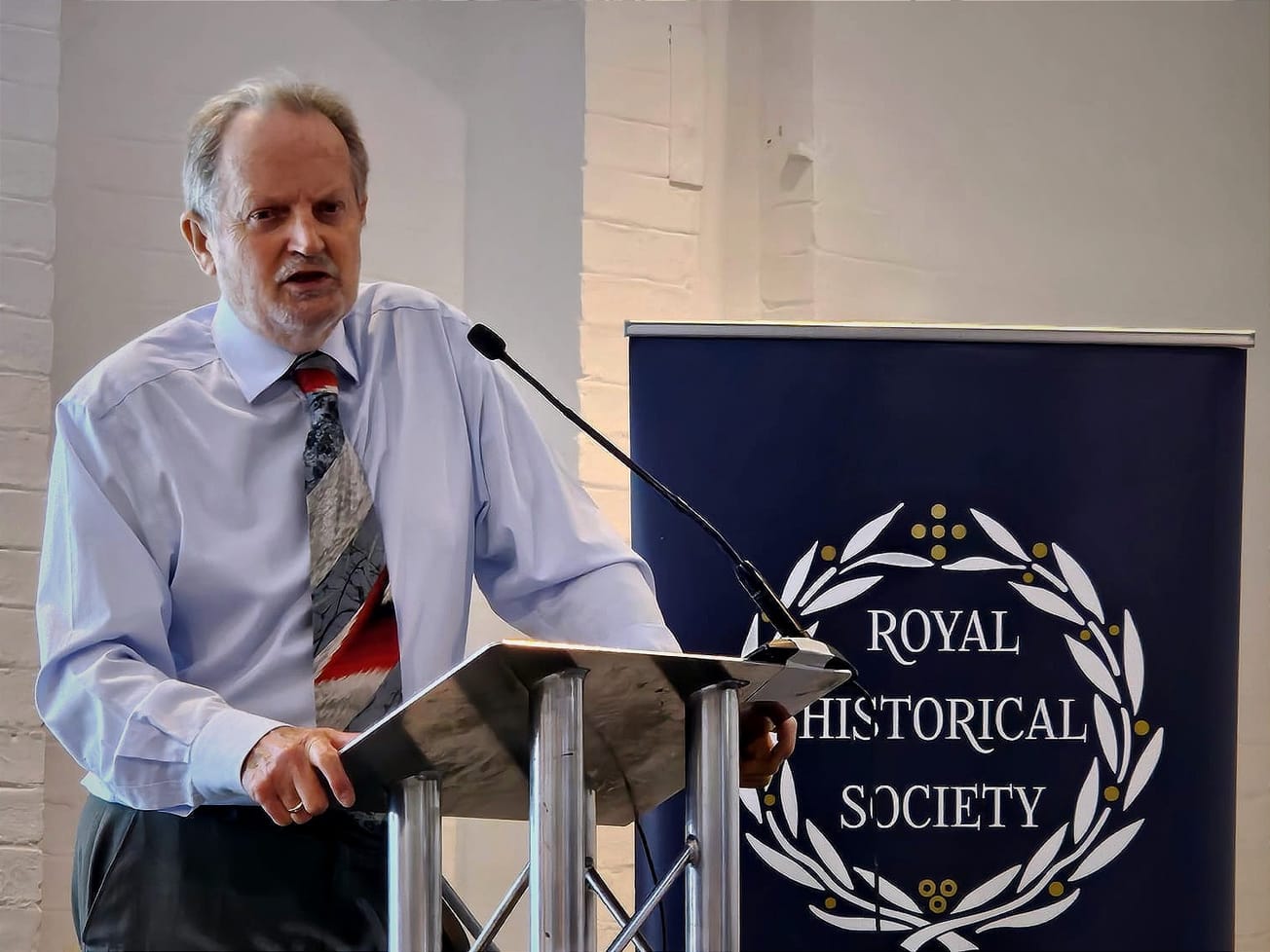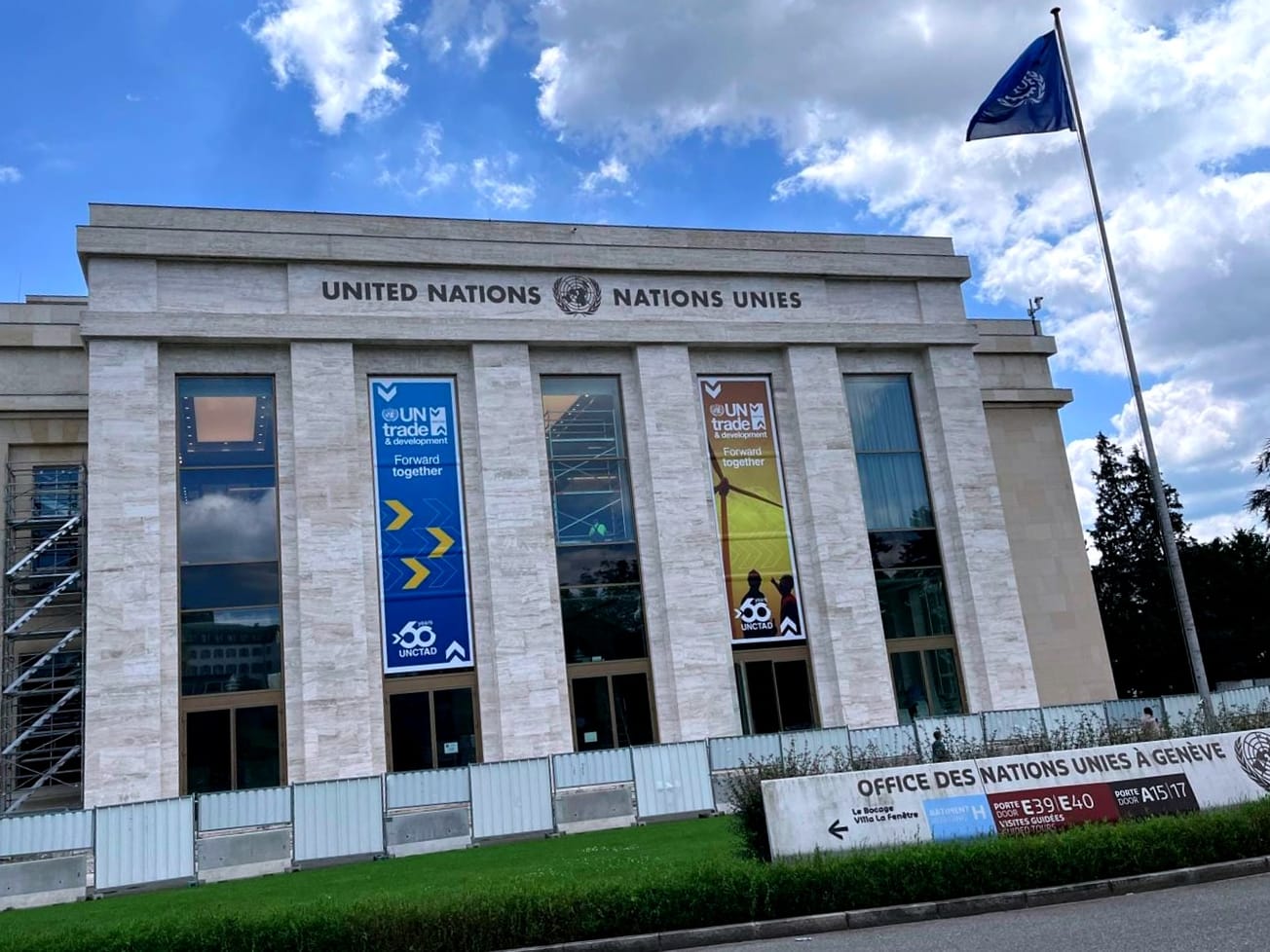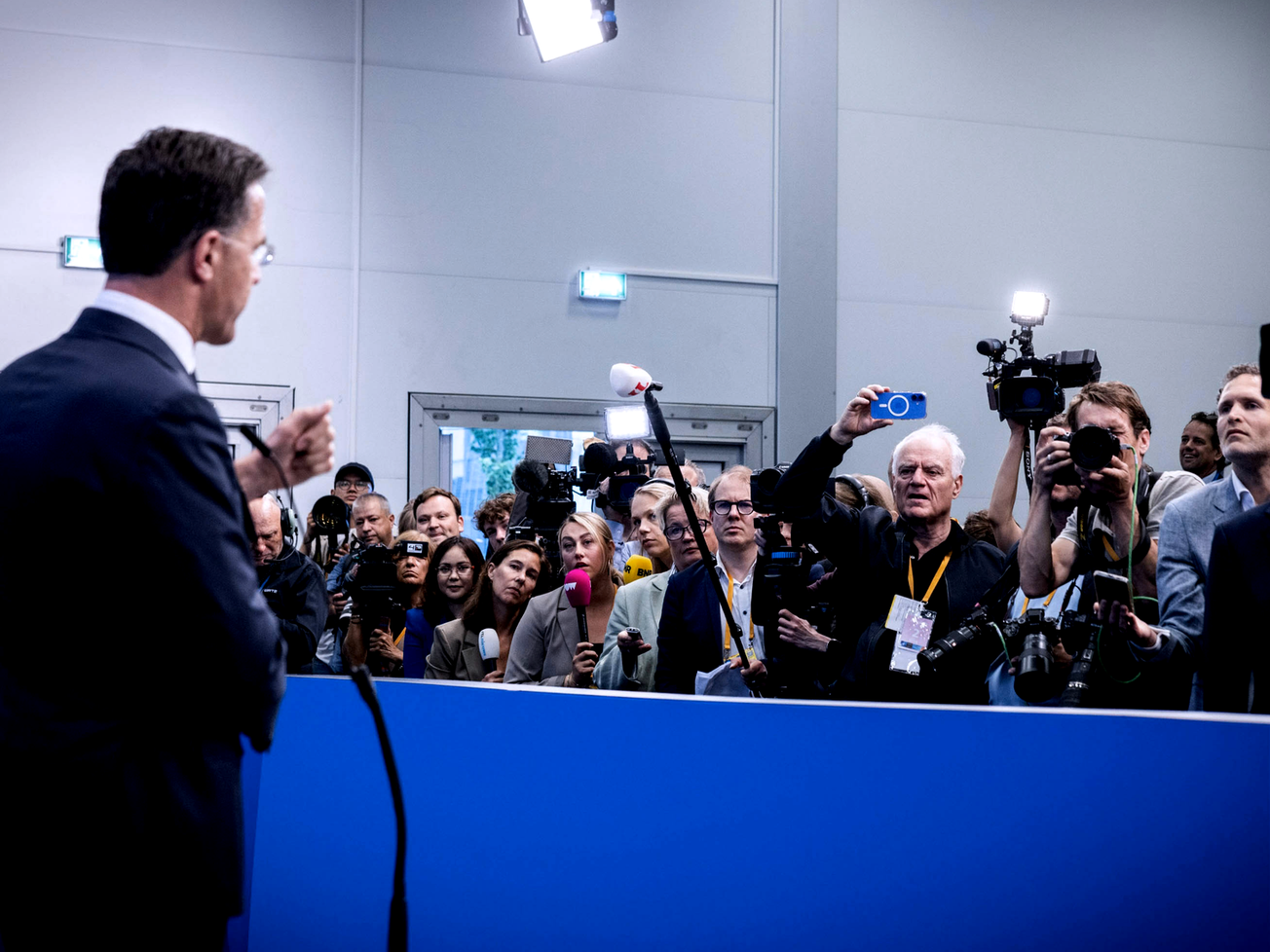GENEVA (AN) — Prompted by the COVID-19 pandemic's inequities, the U.N. health agency is developing a new "mechanism" to provide global access to vaccines that are effective against monkeypox and calling an emergency meeting for next week to decide how to handle its mysterious spread to 34 nations beyond the parts of Africa where it is endemic.
"The magnitude of this outbreak poses a real risk; the longer the virus circulates, the more it will extend its reach, and the stronger the disease’s foothold will get in non-endemic countries," the World Health Organization’s Europe director, Dr. Hans Kluge, told reporters on Wednesday. "Governments, health partners and civil society need to act with urgency, and together, to control this outbreak."


